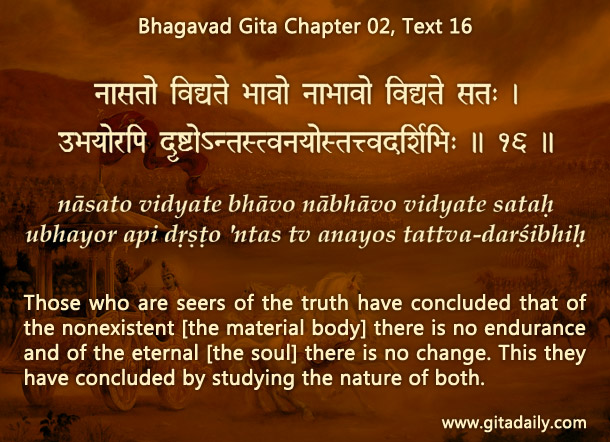An oxymoron is a literary device in which contradictory words are placed together to convey a deeper meaning. The usage ‘the spirit of matter’ is an oxymoron that conveys not a deeper meaning but a deep-rooted delusion.
Why delusion?
Because matter is by philosophical definition non-spiritual and spirit is non-material.
Of course, the word ‘spirit’ is often used nowadays in a metaphorical sense to refer to the animating energy or the defining attitude of something. For example, ‘the spirit of cricket’ refers to the sportsmanly mood in which the game is supposed to be played. However, when people regularly use ‘spirit’ in the metaphorical sense – and in that sense alone – then their idea of spirit tends to get reduced to a vague, abstract, intangible essence of things. The reduction of spirit from the non-specific to the non-existent is conveyed by the oxymoronic usage ‘the spirit of matter,’ which metaphorically imbues non-spiritual matter with spirit.
The conflation of spirit and matter expressed in this oxymoron can reduce human consciousness to the level of an ox or a moron. An ox being a subhuman creature doesn’t have the developed intelligence necessary to differentiate between matter and spirit, whereas a moron despite having that advanced human intelligence doesn’t use it. Either way, the underlying bankruptcy of intelligence that characterizes both these beings is, when found in humans, the essential human tragedy – the tragedy of losing the eternal spiritual world due to being captivated by the ephemeral material world. The Bhagavad-gita (02.16) underscores that seers of truth clearly differentiate between matter and spirit – a differentiation that, the previous verse (02.15) indicates, enables seekers to attain the eternal.
By sharpening our intelligence with Gita wisdom, we can prevent circumstantial usages and notions from depriving us of the eternal.

Explanation of article:

Leave A Comment